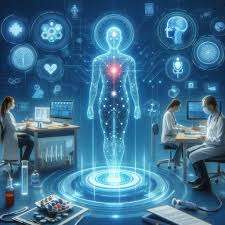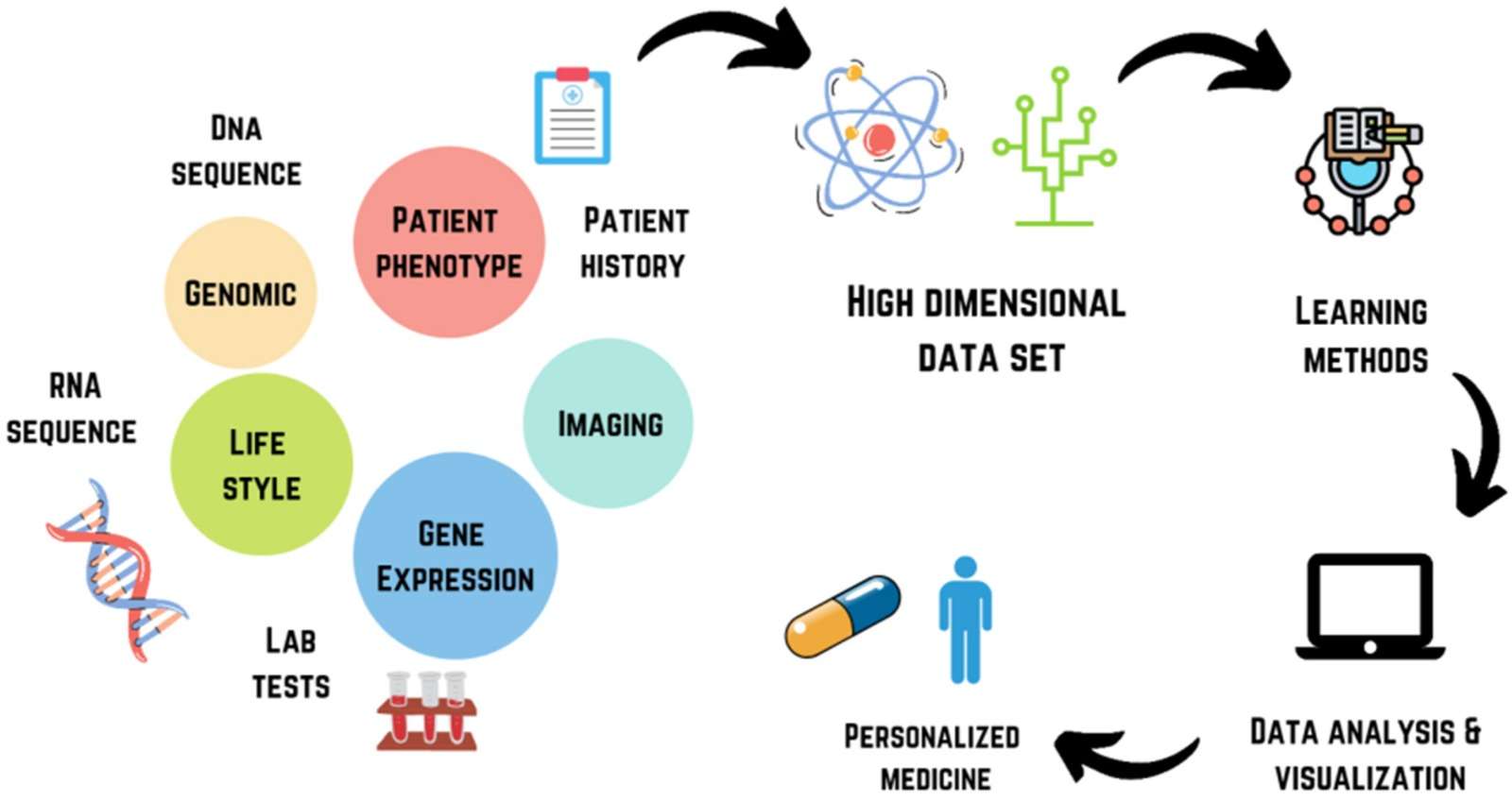How AI is Changing Healthcare -Impact on Diagnosis, Medicine, and Treatment

May 24, 2025
AI is having a big impact on multiple industries, and healthcare is not immune. Because it can process data, identify trends, and make estimates, AI technology in healthcare could greatly change medicine as we know it. AI technology in healthcare is making a big difference in how healthcare diagnoses and treats patients.
AI tools are widely used in medicine for medical diagnosis with AI. AI-assisted diagnosis helps doctors by analyzing lots of information, such as patient history, DNA data, and medical images, to reach the best possible diagnosis. As a result, both patient outcomes are better, and there is less possibility of mistakes during diagnosis.
Traditionally, the main support for medical diagnosis with AI has come from a doctor’s knowledge and experience. Make accurate decisions. Identifying rare conditions could be made easier thanks to this advanced technology.
Another interesting use of AI in healthcare is for personalized medicine with AI. Looking at a person’s genetics, their lifestyle, and their medical history, AI algorithms tailor the individual’s treatment. Here, clinical decisions are based on what makes every person different, increasing treatment success. AI-powered drug discovery is being applied not only to identifying and managing diseases but also to learning about new drugs. AI algorithms help pharmaceutical companies sort potential medications by effectiveness and the safety they show in experiments. It helps speed up finding new drugs and can improve safety in medical treatments.

AI is helping with predictive analytics in healthcare. Looking at extensive data on patients, scientific results, and statistics on groups, AI can predict when a disease will spread, find those in danger, and make healthcare more efficient. The results of this approach may greatly improve public health and even result in saved lives.
AI is making an important difference in medical imaging with AI. Because of deep learning for medical diagnosis, AI can assist radiologists in finding issues on X-rays, MRIs, and CT scans with more precision. This process saves your time and leads to a deeper understanding of your medical issue.
AI brings many improvements to healthcare, not only by helping with diagnosis and treatment. Thanks to AI, virtual healthcare assistants can tailor health tips, check on patient health from a distance, and oversee medicines taken by patients. Thanks to this technology, people in remote regions may now have a better chance of receiving healthcare.
AI is further used in digital pathology, where images from tissue samples are examined by computers to help find diseases such as cancer. This technology makes it possible to get results quickly and accurately, helping patients enjoy better outcomes. AI is set to improve the way healthcare operates, helping it work faster, better, and with a more tailored approach. Even though data privacy and regulations are still challenges, there are many amazing things that AI can achieve. With further progress, we will likely see many more new applications of AI in medicine in the near future. Because they say that prevention is better, using AI, we are moving towards smart healthcare solutions that prefer prevention and fit each individual — a vision that reflects data-driven healthcare interventions.
News & Information: sanjaylathiya.com


